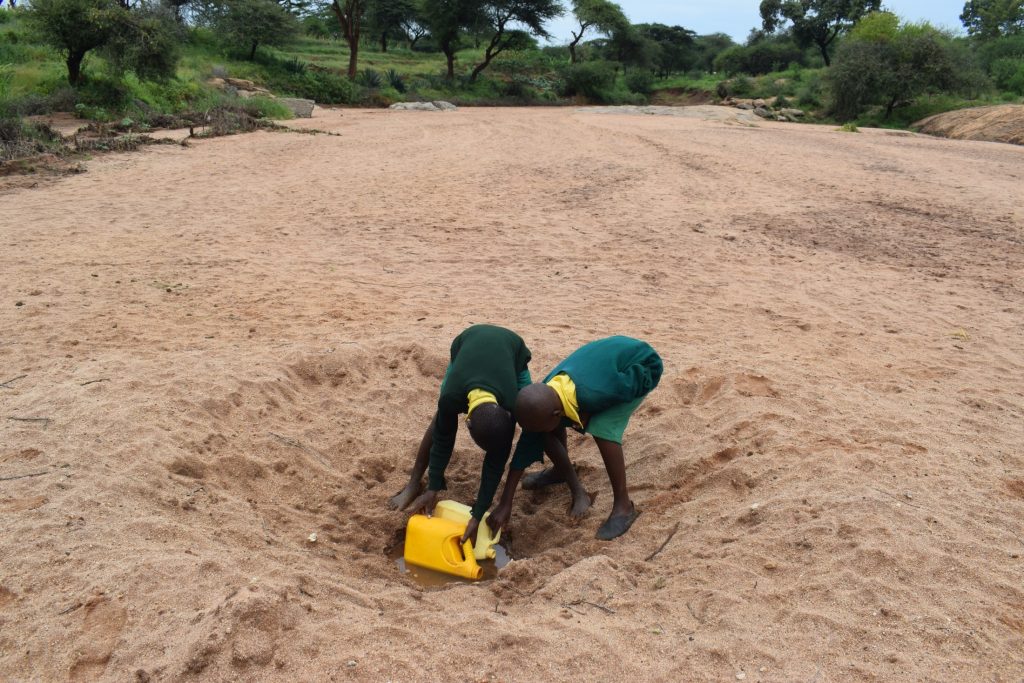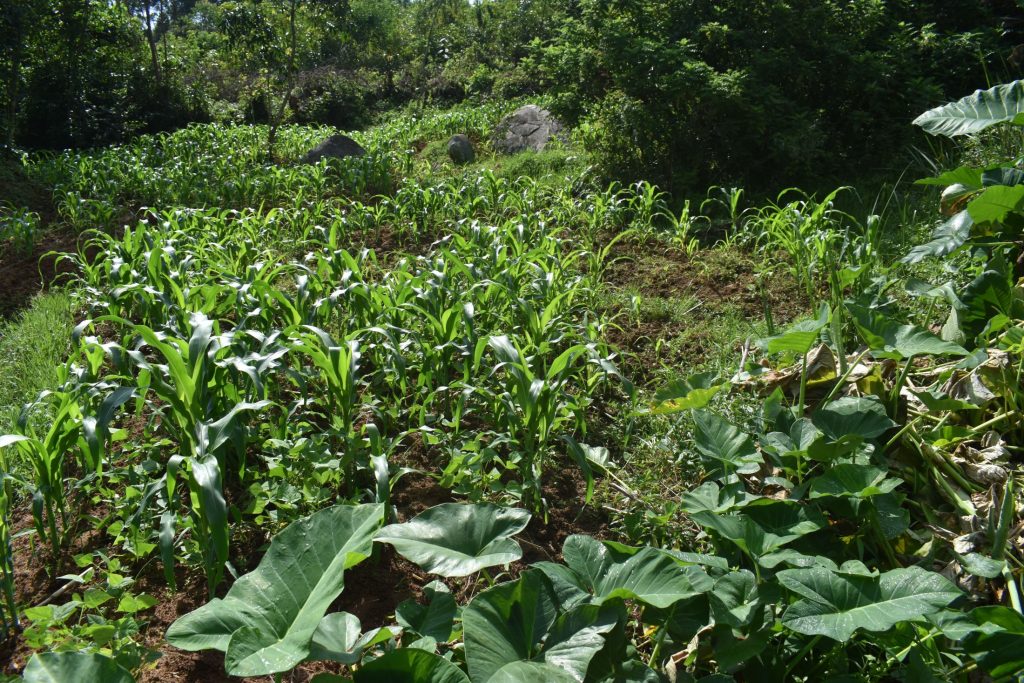Human Rights Day Through the Lens of Water Access
Human Rights Day, celebrated each year on December 10, honors the adoption of the Universal Declaration of Human Rights (UDHR) by the United Nations General Assembly just after the end of World War II in 1948. This historic document outlines the inalienable rights of all people, regardless of race, religion, gender, or nationality. The authors hoped to lay a foundation for a world where equality, dignity, and freedom are protected for everyone.
Clearly, the document didn’t result in a utopia in which everyone’s rights are promoted and protected. However, even if progress feels interminably slow for those whose real list of rights is painfully short, the UN continues to work toward these goals through its Sustainable Development Goals (SDGs). And while the UDHR doesn’t explicitly mention water, it does make a powerful case for access to clean water as a human right. As we commemorate Human Rights Day, it’s important to recognize the role water plays in upholding the universal rights to life, health, dignity, and equality.
Water and the Right to a Standard of Living
Water is essential to life itself. Easy access to water sustains health, drives economies, enables education, and empowers women and girls. Without it, many rights outlined in the declaration become unattainable.
Article 25 of the UDHR declares that everyone has the right to “a standard of living adequate for the health and well-being of himself and of his family, including food, clothing, housing, and medical care.”
Water isn’t explicitly mentioned, but it is fundamental to every aspect of this right. Without clean water, there can be no food security, no safe shelter, and no sustainable healthcare.
In sub-Saharan Africa, where The Water Project focuses, many communities lack reliable access to safe drinking water.
“Over half of the 703 million people without at least basic drinking water live in sub-Saharan Africa.”
— World Health Organization/UNICEF Joint Monitoring Programme Report
This scarcity directly undermines health and well-being. Women and children often spend hours fetching water, only to return with a supply that is unsafe to drink. Contaminated water spreads diseases like cholera, dysentery, and typhoid, which claim countless lives each year — especially those of young children.
“Diarrheal disease is the third leading cause of death in children 1–59 months of age. It is both preventable and treatable. Each year, diarrhea kills around 443,832 children under five and an additional 50,851 children aged five to nine years.”
— World Health Organization
These are preventable tragedies that rob parents and children of their right to health and safety.
This vision of adequate living standards is echoed in SDG 6, which calls for “ensuring availability and sustainable management of water and sanitation for all.”
By improving access to clean water and empowering communities to maintain water sources, we are making meaningful strides toward achieving this goal and fulfilling the promise of Article 25 of the UDHR.
Water and the Right to Life
Article 3 of the UDHR proclaims that “everyone has the right to life, liberty, and security of person.”
Yet for millions of people, the lack of clean water threatens this most fundamental right. Life cannot exist without water, and yet so many people around the world do not have safe access to it.
When resources like water are scarce, everyone becomes more prone to violence in order to secure their share. Women and children are the ones sent to fetch water in seven out of ten households. It’s no wonder that they tell us they’re scared to make long, arduous journeys to collect water alone.
Climate change further exacerbates challenges in accessing water by intensifying droughts and floods, which disrupt water supplies and threaten livelihoods. While we’re trying to bring water closer to the people we serve, erratic weather patterns seek to drive it farther away.
This underlines the importance of SDG 13: Climate Action, which calls for urgent steps to combat the impacts of climate change. By investing in climate-resilient water solutions, such as sand dams and protected springs, The Water Project is helping to safeguard the rights to life and health against an uncertain future.
Water and the Right to Education
Article 26 of the UDHR states that everyone has the right to education.
But for millions of children, the daily search for water — among a whole host of other factors — stand in the way of this right. The search for water can take hours each day, leaving little time or energy for school.

Even when children are able to attend school, the lack of clean water and proper sanitation can disrupt their education. Schools without water points force students to carry water from home, further adding to their burden. Additionally, the absence of safe sanitation facilities disproportionately impacts girls, especially as they reach puberty, causing many to drop out of school entirely.
SDG 4 focuses on “ensuring inclusive and equitable quality education.” Without access to clean water, achieving this goal becomes impossible. When schools are equipped with reliable water sources, children can stay in the classroom, focus on their studies, and build brighter futures.
By investing in water, we are investing in the right to education for the next generation.
Water and Economic Rights
Article 23 of the UDHR recognizes the right to work and the ability to earn a livelihood.
But for many, this right remains out of reach due to the lack of clean water. Agriculture, which employs a large portion of the population in rural areas, is heavily dependent on water. Without access to reliable water sources, crops fail, incomes dwindle, and families are unable to break the cycle of poverty.
SDG 8: Decent Work and Economic Growth emphasizes the importance of sustainable economic opportunities. Reliable access to water enables farmers to irrigate crops, entrepreneurs to launch businesses, and entire communities to participate in economic progress.
Water is not just a necessity — it is a foundation for economic empowerment.

Take Action This Human Rights Day
On this Human Rights Day, as we reflect on the enduring principles of the Universal Declaration of Human Rights, it’s hard not to feel the weight of how far we still have to go. The UDHR was drafted with the hope of building a world where dignity, equality, and freedom are universal. Yet today, billions of people still lack access to the rights it champions, including the most basic right to clean water.
Realizing that so many communities are still denied what should be fundamental rights is a sobering reminder that the world doesn’t always reflect the ideals we aspire to. But this gap between the world as it is and the world as it should be is precisely why days like this matter — why we must continue working toward a better, fairer future.
Every well we drill, every rain tank we install, and every water point we repair brings us closer to that vision. Every action, no matter how small, pushes us toward a world where water rights are truly human rights. By supporting The Water Project, you can help bridge this gap and create lasting change.
Home More Like ThisTweet